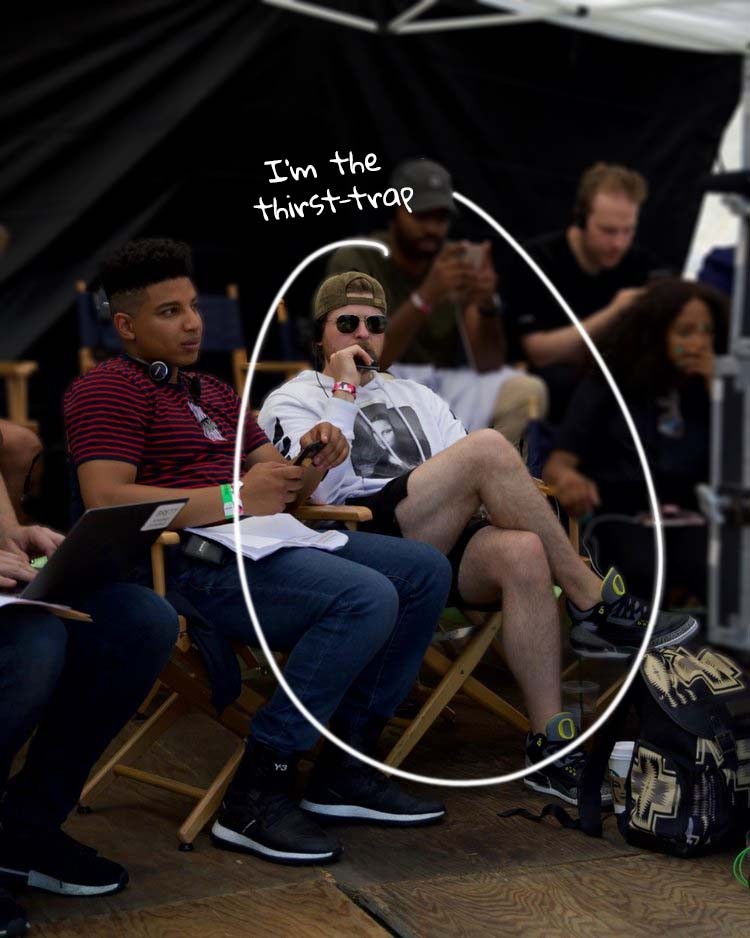We’re excited to introduce you to the always interesting and insightful Jacobi Mehringer. We hope you’ll enjoy our conversation with Jacobi below.
Hi Jacobi, thanks for joining us today. It’s always helpful to hear about times when someone’s had to take a risk – how did they think through the decision, why did they take the risk, and what ended up happening. We’d love to hear about a risk you’ve taken.
To me, risk comes to mind as a small red Delta airlines blanket. The kind they give you on red-eye flights.
I’ve always been good at change. My dad was military so we moved around every couple of years to a new state. I had to say goodbye to many friends over the years, and it’s something I became good at. I’d be lying if I also didn’t admit I liked the reset. Especially as a kid. You’d move to a new place and be able to create a new identity for yourself with new friends in a new setting. It was f**king terrifying, but exhilarating and cathartic all the same.
Fast forward to my graduation at the University of Oregon. Two days later, I’d fly with another graduate to New York City to begin a career together. I’d never lived in a big city let alone a city. I’d spent the last 10 years in rural Scholls, Oregon. Portland at the time felt infinitely too big. And yet here I was on a red-eye flight to New York City two days after graduation with someone I had met just a few months ago.
On the flight we all got a little red blanket that didn’t even reach to our toes. When we landed, I decided to keep the blanket, so I stowed it in my backpack.
On the ground in New York, we Uber’d to an apartment we were sharing with strangers. Our new job paid $1200 a month and our apartment was $850 each, leaving just $350 a month for food and other expenses.
That little red blanket ended up being my comforter for two months while I adapted to the biggest change of my life. I laugh at it now, but I’ll never forget standing outside my apartment above the 3 Diamond Door bar in Brooklyn and having a mini panic-attack because there were so few trees.
To this day I think about that little red blanket anytime I worry about making the leap into the unknown, and I have that blanket to this day.
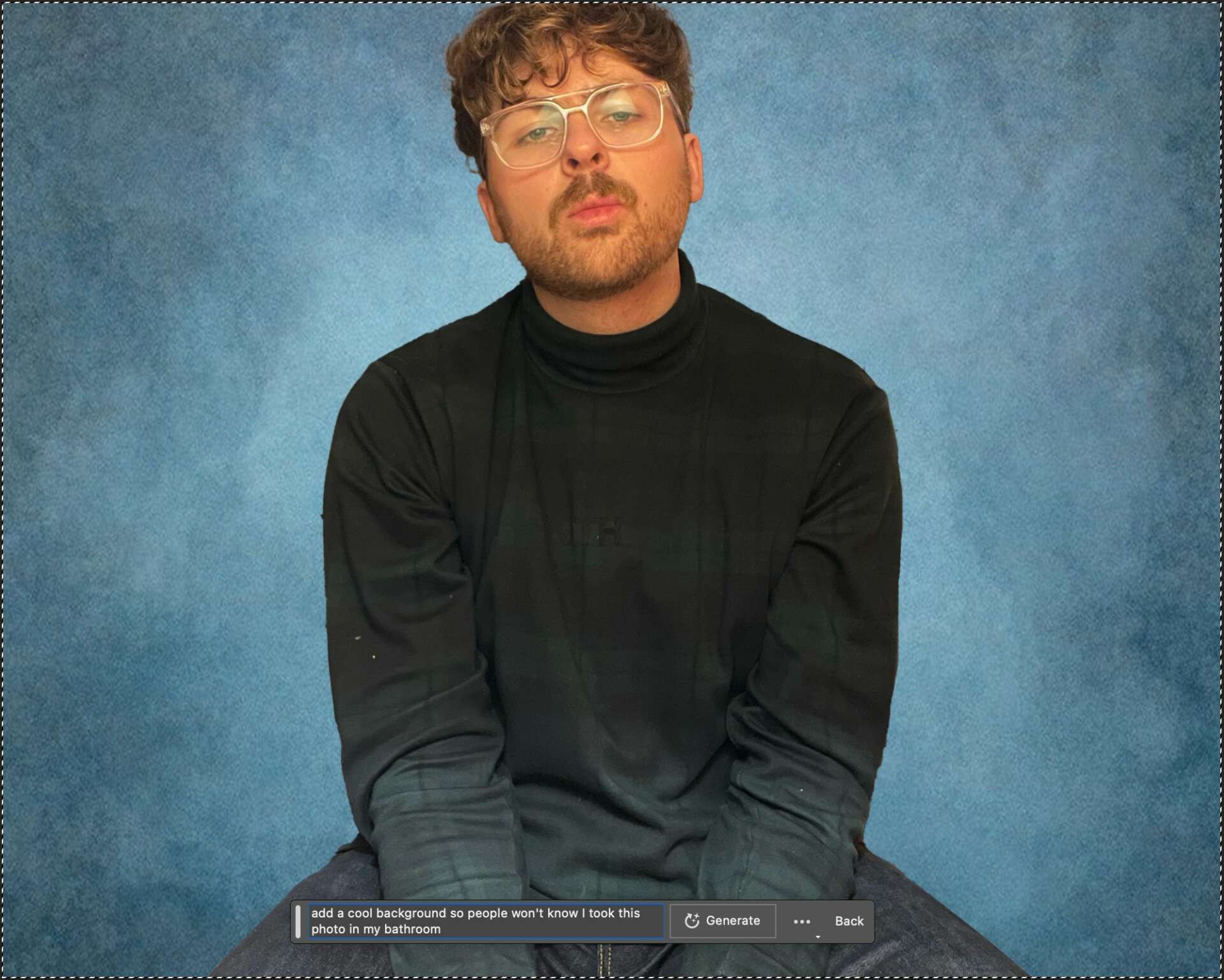
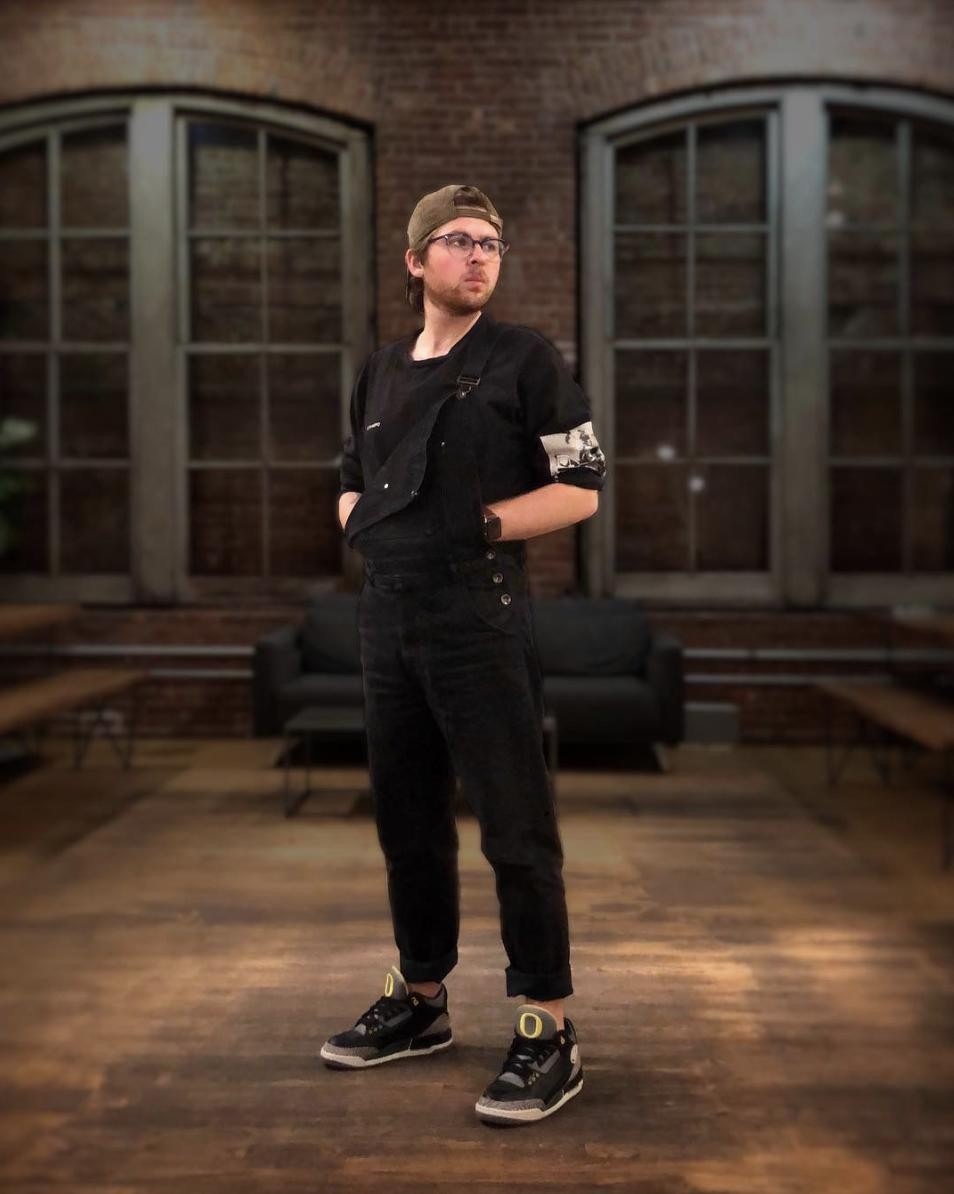
Jacobi, love having you share your insights with us. Before we ask you more questions, maybe you can take a moment to introduce yourself to our readers who might have missed our earlier conversations?
I’ve always felt my journey into advertising felt like tumbling down a mountain. By the time you get into college, you’ve spent a lifetime molding yourself always for the next step. I was International Baccalaureate, an Eagle Scout, musician, and artist. Everything you do is for the next step. For me, that next step had always been the Coast Guard Academy. My life had led up to this moment. Good grades. Good kid. Father in the military. So when I got rejected, it felt like my path in life had just fell to shambles, and I had no backup plan.
I quickly applied to University of Oregon — too late to get credits for my I.B. classes or a scholarship for my grades. And my path at UO was much of the same. I switched majors more times than I could count. From Music to Business and Marketing to Public Policy and even Sociology. It wasn’t until my junior year that I took a class from a Professor named Deb Morrison and instantly knew I had found my path again.
I like to think of my life in Chapters. Chapter 1 was meticulously planned out and failed miraculously. Chapter 2 was a reset. Because I didn’t get what I wanted, I was able to question if what I had wanted was still what I wanted. Turns out it wasn’t. Chapter 2 is how I live my life today. There is no five year, or ten year mapped out idea of what I want to do in the future. I’ve been there done that, and it didn’t pan out for me.
I take it day by day and constantly evaluate my happiness, and if I’m not happy, I change that.
That’s the mindset behind the work I’m most proud of. From unsolicited personal projects aimed at solving issues I’m passionate about to doing work for brands I love. It’s also the reason for the creation of Eyecandy.
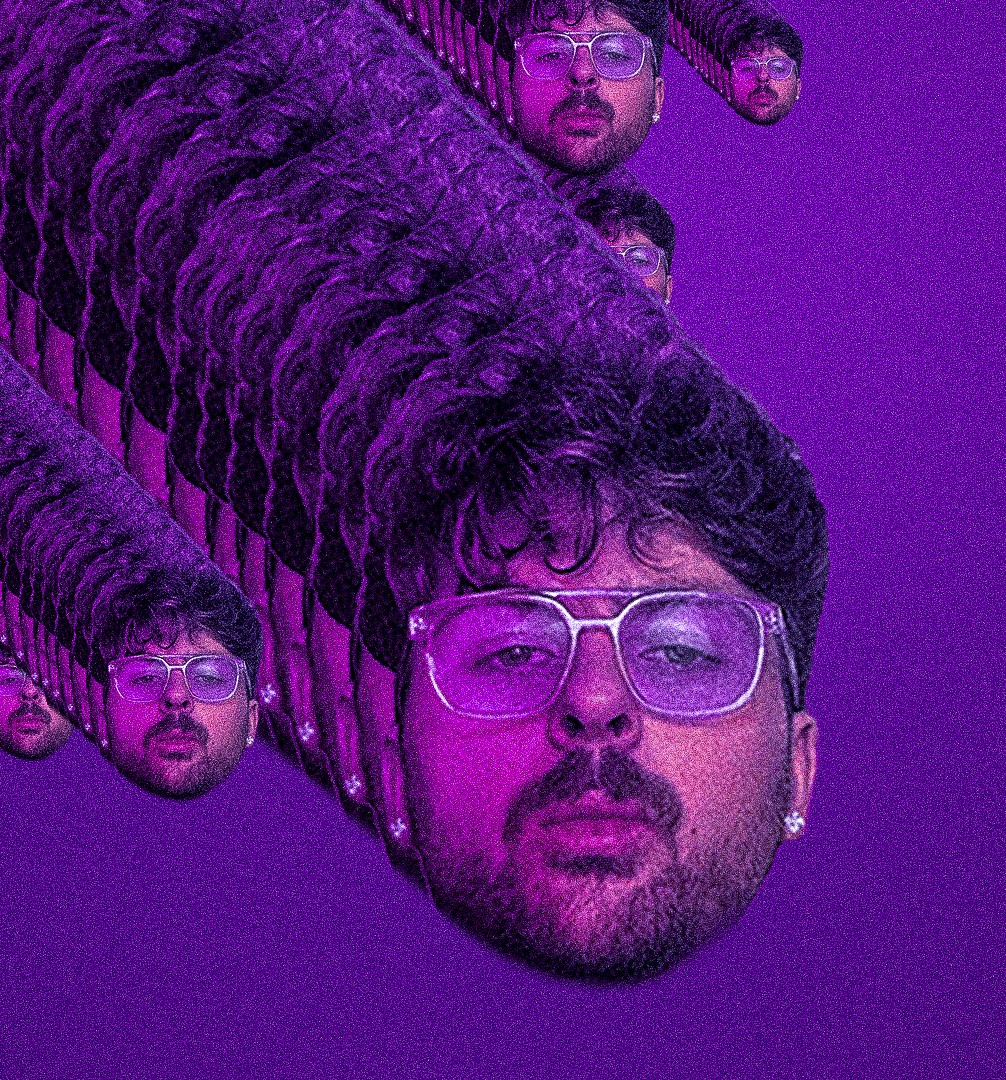
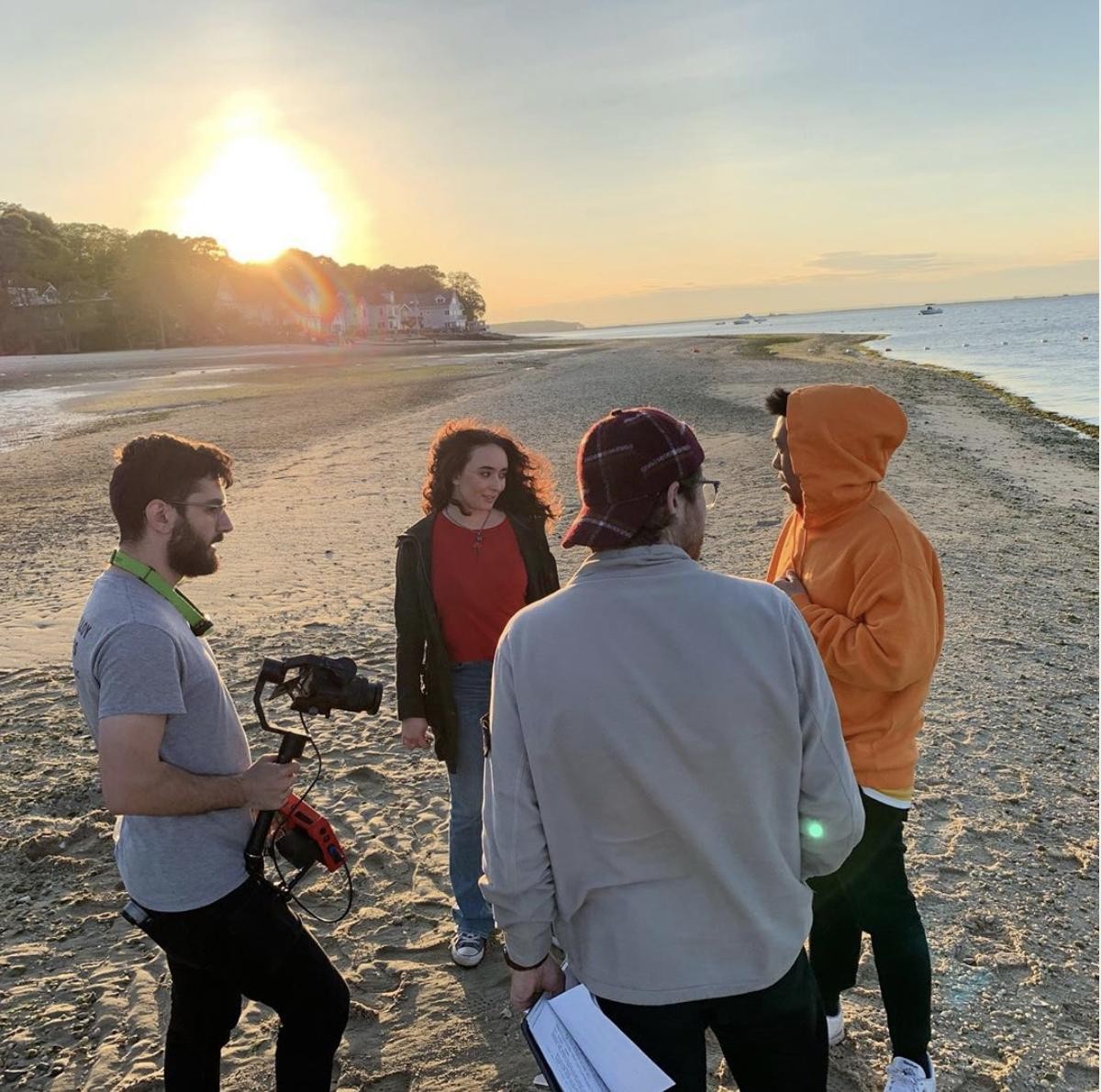
Have any books or other resources had a big impact on you?
There’s been a quote that my family has adopted. It was a quote that guided my father through his life, and his father through his. It’s Teddy Roosevelt’s “The Man in the Arena” speech. In his speech, he talks about the courage and resilience required to take risks and face challenges. But the line that always stood out to me most was the final line — “so that his place shall never be with those cold and timid souls who neither know victory nor defeat”. Roosevelt is saying that failure is far greater a reward than doing nothing at all, and that’s really guided my approach to life.
Most people think Eyecandy is my first endeavor. It’s actually just the first one to be successful. Before Eyecandy, I launched my own creative agency. That failed. I created a candle review company with ambitions to standardize candle rankings for people who primarily purchase online. That never took off. I started an apparel technology company aimed at evoking nostalgia by taking photographs and stitching the colors in that photograph into fabric. This failed. I could truly go on. When I launched Eyecandy, I had no aspirations of it doing as well as it has done. It was simply the latest endeavor. Like Teddy said so many years ago — I’d rather try and fail than never try at all.
I will admit a more recent inspiration. After reading Phil Knights ‘Shoe Dog’, I was amazed by Phil’s ambition and resilience. The lengths he would go to to succeed was incredible. After reading his book, I put pen to paper and began thinking of the thing that would be as important to me as shoes are to Phil. Eyecandy was born shortly after.
For you, what’s the most rewarding aspect of being a creative?
I’ve always enjoyed the anonymity of being in advertising. You come up with these big ideas, and if you’re lucky enough to see them out in the world, nobody knows it was you who made them, and I’ve always enjoyed that.
Alongside that, just seeing the work actually in the world is incredibly rewarding. And sure, press is sweet, but my biggest metric of success is seeing people talking about it organically. Especially in advertising. You have to make something pretty sweet for someone to go out of their way to talk about it.
It feels like after half a year of concepting, and pitching, and producing — when the work is live in the world you can finally kick back and enjoy it for the first time. Because there’s nothing you can do anymore. I love that feeling.
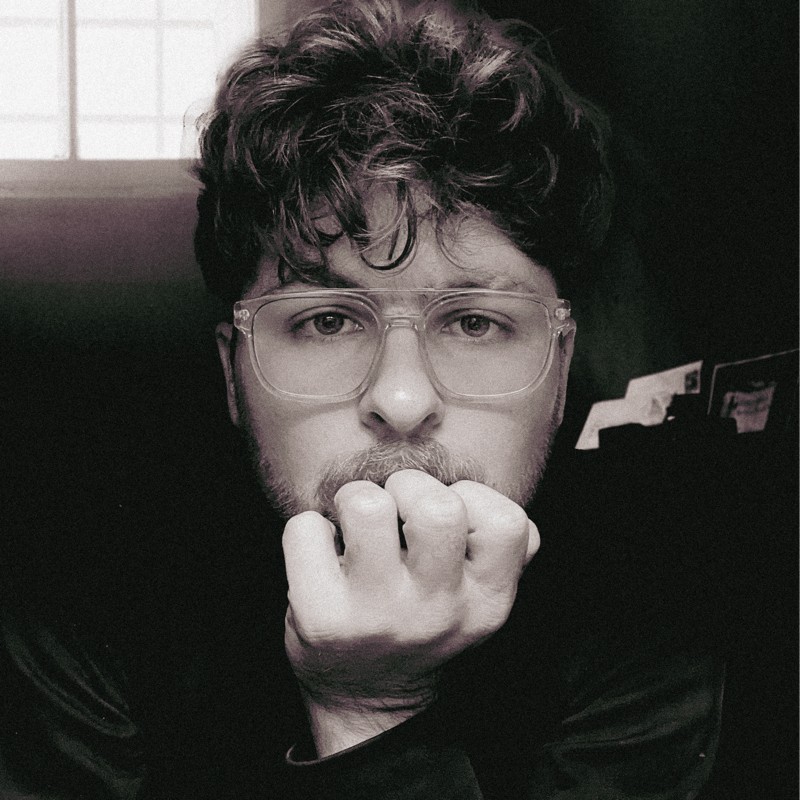
Contact Info:
- Website: www.eyecannndy.com
- Instagram: https://www.instagram.com/jacobi/?hl=en


